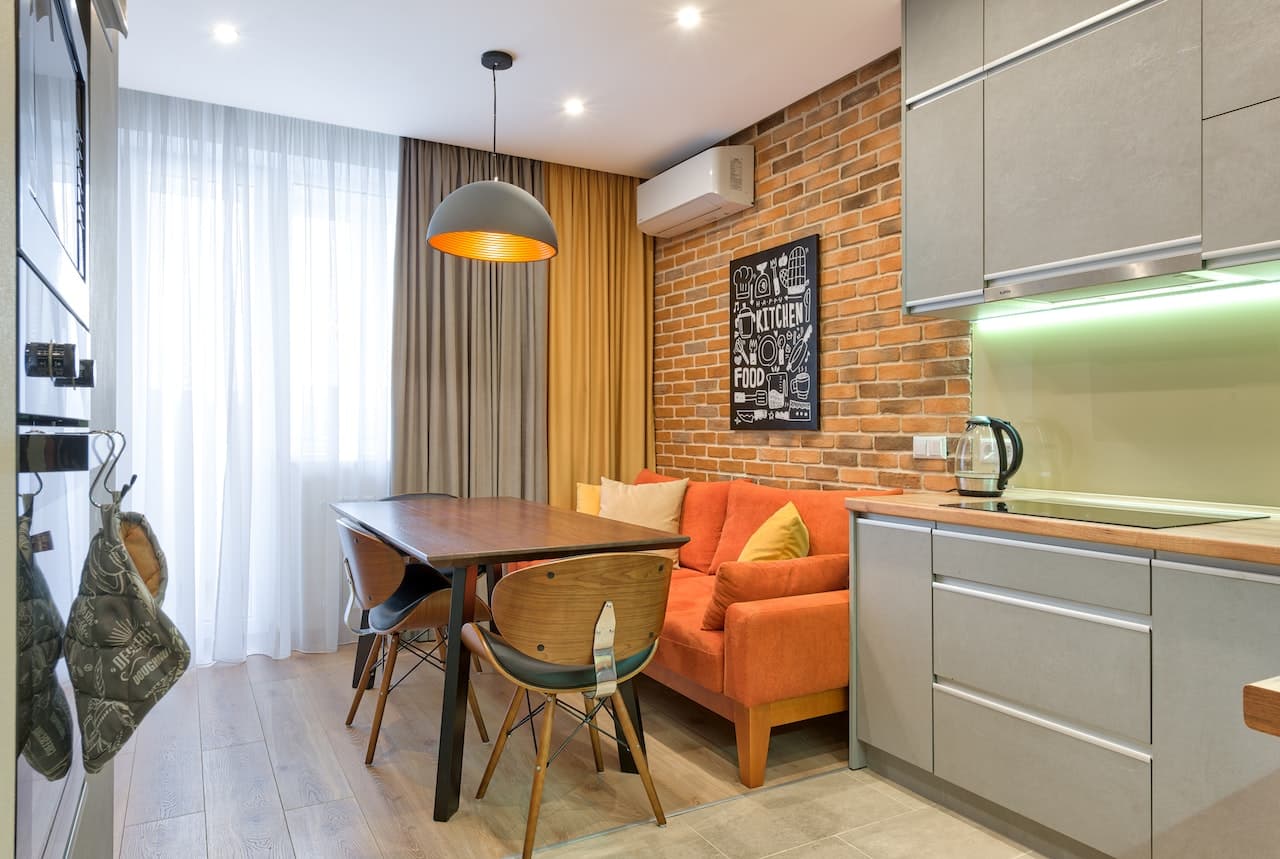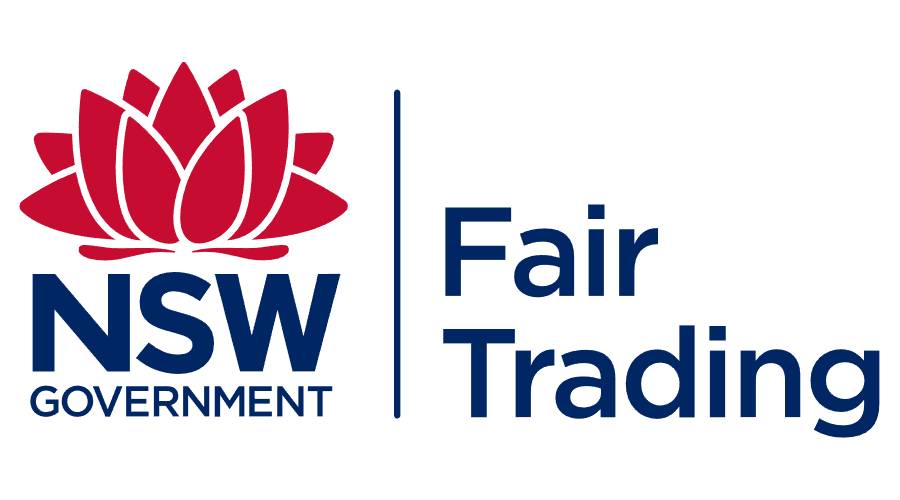




Are you buying property?
It doesn't matter whether you are buying a home to live in or purchasing an investment property - we will look after you.
We are a conveyancing law firm. We love what we do and we're good at it. The best part of our day is seeing our clients kick their property goals.
We spend time getting to know clients. Then we tailor our legal advice to suit the needs of each individual client.
We don't speak in legal jargon or gloss over the fine print. Our conveyancing lawyers spend one on one time with each client, to provide clear and easy-to-understand legal advice.
No deal is too complex or challenging for our conveyancing lawyers.
Our conveyancing services are offered on a fixed fee basis. We are confident we have some of the most competitive prices in the industry. We provide itemised quotes and we don't charge hidden fees.

Highly recommend Open House Conveyancing. They were very quick to reply to my online enquiry and within days of speaking with Rachael they had the property transfer completed. Everything was done online which was very convenient. They were the cheapest quote I received and provided excellent and efficient service.
Fees are very reasonable and are very professional. Made the process of selling very seamless and stressfree.. I'd defintely refer them to my friends and family.
Super efficient great communication all made for a seamless settlement. I felt really supported thank you Dennis. I highly recommend using Open House Conveyancing
I have used Open House Conveyancing for 2 property settlements in the past year and had a very good experience both times. Racheal and Dennis were easy to work with and very helpful throughout the entire process. They offer low, fixed pricing and I felt very comfortable that they had everything under control and covered everything including things I didn't think of or know to ask. Would highly recommend them!
Open House Conveyancing provided exceptional service throughout the purchase of our property in the ACT. Communication was prompt, thorough, and transparent, making us feel confident and informed at every stage. Their attention to detail, professionalism, and dedication is why we’re using them to sell. If you want a reliable and efficient conveyancer, use Open House Conveyancing.
Excellent service and good notifications of the process along the way.

Most properties for sale in Australia are sold by private treaty.
Usually the seller (called the vendor) engages a real estate agent to list the property for sale. The vendor sets an asking price, and the purchaser negotiates to buy the property.
Often the purchaser makes an offer for less than the asking price, while the vendor tries to sell it for as close to the asking price as possible – and this is where the negotiations begin.
Auctions are usually held when the vendor wants a quick sale, or the market is strong and there are a lot of buyers interested in purchasing property.
Auctions generate a sense of urgency and competition that you don’t always get with a private treaty sale. The vendor usually engages a real estate agent to list the property for sale. The agent will usually hold a strong marketing campaign (usually over about 4 weeks) with the aim of generating as much hype and interest in the property as possible.
On the day of the auction, the auctioneer will try to create an atmosphere of intensity and urgency. This encourages buyers to bid on the property, for fear of missing out.
There are strict rules when properties are sold by auction. The sale is final and there is no cooling off period. The highest bidder must immediately pay a deposit for the purchase.
We recommend prospective buyers seek legal advice prior to bidding at an auction. It is very important to have the contract reviewed prior to the auction (because it cannot be changed afterwards) and to seek legal advice on the process of buying a property at auction.


When you buy property off the plan, you agree to purchase something that is in the process of being built. That’s where the term ‘off the plan’ comes from – you are buying a property based off the ‘plans’ prepared by the builder or developer.
Buying a brand new property is exciting. However, purchasing something off the plan carries more risk than buying a property that has already been built. We recommend you contact our office before you sign the contract so we can explain everything to you and make sure the deal is fair before you commit to the purchase.

Several costs may payable upfront when you purchase property. These are on-off fees and include:
1. Transfer duty or stamp duty.
2. Bank fees and, if you are borrowing more than 80% of the value of your home, Lenders Mortgage Insurance (LMI).
3. Building and pest inspection and other searches.
4. Legal or conveyancing fees.
5. Transfer and mortgage registration fees.
When you are the owner of the property, there will also be ongoing costs to pay, including council and water rates, utilities like electricity and gas, as well as maintenance and repair costs for the home.
It’s worth adding these costs into your budget so you can calculate how much you’ll need to save to buy and manage a home.

For most buyers, paying stamp duty is a requirement when purchasing property. In addition, stamp duty is often a large expense, adding up to more than $20,000.00 for the purchase of a property valued at $600,000.00.
We can advise you on the amount of stamp duty payable for your purchase.
Are you wondering how the bank determines the interest payable on a mortgage?
Want to know the different between a fixed loan and a variable loan?
Our lawyers can review and advise on loan documents and mortgages. Ask us for a fixed quote!


Buying your first home is a major milestone and we would be pleased to help you. We love watching our clients kick their property goals - especially first home buyers!
Our lawyers provide clear legal advice and take time to answer all your conveyancing questions. The conveyancing process doesn't need to be confusing. We make it simple and easy - let us help you!
We have been helping people buy property for years and there are some common questions we are asked by first home buyers and seasoned investors.
For instance - what is a holding deposit? When should we arrange finance? How much stamp duty do we pay? The answers are all in our article 'Common Questions when Buying Property'
If you are thinking about engaging a buyer's agent to help you find and purchase a property, head over to our article 'What Is A Buyer's Agent?' for tips.


Investing into Australian real estate is very desirable for many foreigners. Although it is possible for a foreign person to buy property in Australia, there are certain rules and regulations they need to follow.
Generally, a foreign person requires approval from the Foreign Investment Review Board (FIRB) to purchase property in Australia. This applies to foreign persons living overseas or persons visiting Australia on a temporary visa.



We’re not just a company, we’re your team


